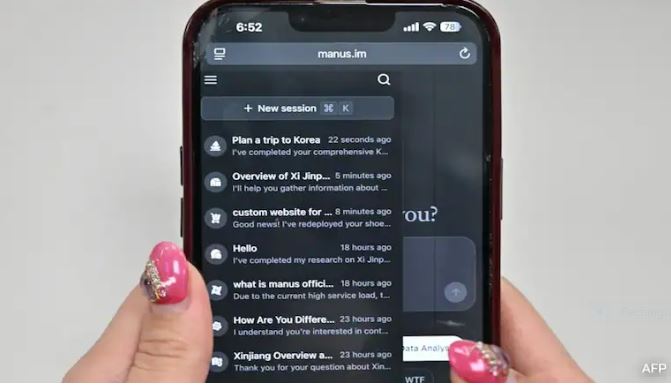
US to Scrutinize Social Media for Anti-Semitic Content Before Granting Immigration Benefits.
Washington, D.C. — The United States will now review the social media accounts of immigration applicants for anti-Semitic content, a move that could result in the denial of immigration benefits.
Under a new directive from the Department of Homeland Security (DHS), immigration officials will screen online activity to identify endorsement or support of anti-Semitic terrorism or related organizations. The policy applies to individuals seeking lawful permanent residence (green cards), student visas, and those affiliated with institutions linked to anti-Semitic activities.
Homeland Security Secretary Kristi Noem emphasized the strict stance, stating, “Anyone who thinks they can come to America and hide behind the First Amendment to advocate for anti-Semitic violence and terrorism — think again. You are not welcome here.”
How Social Media Posts Could Affect Immigration Applications
The U.S. Citizenship and Immigration Services (USCIS) confirmed that immigration officers will treat posts endorsing anti-Semitic terrorism or groups such as Hamas, Palestinian Islamic Jihad, Hezbollah, and Ansar Allah (Houthis) as negative factors in immigration decisions. Applicants who express support for such groups risk being denied immigration benefits under this new policy.
According to DHS Assistant Secretary for Public Affairs Tricia McLaughlin, “There is no room in the United States for the rest of the world’s terrorist sympathizers, and we are under no obligation to admit them or let them stay here.” The new screening measures take effect immediately.
Concerns Over Free Speech and Policy Misuse
However, civil rights advocates and immigration lawyers are raising alarms. The Foundation for Individual Rights and Expression (FIRE) warned that the policy could have a chilling effect on free speech.
Tyler Coward, lead counsel for government affairs at FIRE, commented, “The government already does a lot of screening of individuals seeking to enter the country, but with this policy, it seems to basically punish individuals for expressing political opinions.” He added that the broad and discretionary nature of the rule leaves too much room for subjective interpretation, increasing the risk of abuse.
Immigration attorney Stephen Yale-Loehr also noted that discretionary denials are difficult to challenge, often requiring costly and time-consuming litigation.
In a statement on BlueSky, The Nexus Project, a nonprofit organization that combats anti-Semitism while defending free speech, criticized the new policy:
“Treating anti-Semitism as an imported problem does not fight antisemitism. Using politically malleable language like ‘terrorist sympathizer’ to go after immigrants does not fight anti-Semitism. Doing this while elevating anti-Semitism, as this administration is doing, does not fight anti-Semitism.”
Experts warn that the policy could discourage immigrants from engaging in online political discussions or expressing opinions critical of U.S. foreign policy in the Middle East.
Coward concluded, “Unfortunately, that chill appears to be the administration’s aim.”
Key Takeaways:
- DHS will screen social media accounts for antisemitic content.
- Endorsing groups like Hamas, Hezbollah, or the Houthis could result in denied immigration benefits.
- Civil rights groups warn about threats to free speech and potential misuse.
The policy is effective immediately.





